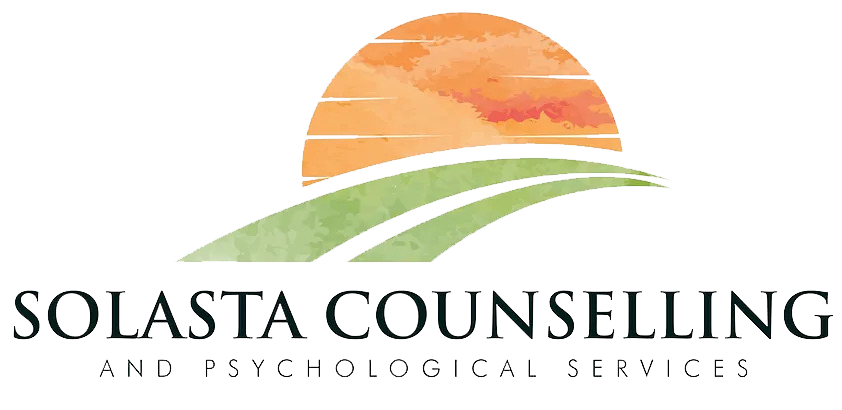For many people navigating trauma, anxiety, or difficult emotional experiences, Eye Movement Desensitization and Reprocessing (EMDR) has become a trusted and effective therapy option. Recognized globally for its ability to help individuals process distressing memories and emotional blocks, EMDR offers a unique and empowering path toward healing.
At Solasta Counselling and Psychological Services in Calgary, we’re proud to offer EMDR as part of our trauma-informed care – and we currently have availability with Sarah Choudhry, one of our skilled psychologists trained in EMDR.
If you’re considering EMDR or looking to learn more about how it can support healing, here’s what you need to know.
What Is EMDR Therapy?
Developed by psychologist Francine Shapiro in the late 1980s, EMDR therapy has earned its reputation as a highly effective treatment for Post-Traumatic Stress Disorder (PTSD), anxiety disorders, phobias, and more. It’s based on the understanding that unresolved traumatic memories can become “stuck,” continuing to trigger distress in the present.
Through a structured approach involving bilateral stimulation (such as eye movements, tapping, or auditory tones), EMDR helps the brain reprocess these memories so they no longer carry the same emotional intensity.
Today, organizations like the American Psychological Association and the World Health Organization recognize EMDR as a leading treatment for trauma – a testament to the extensive clinical research supporting its use.
How EMDR Supports Healing
Rather than focusing on traditional talk therapy alone, EMDR engages the brain’s natural ability to process and heal from disturbing experiences. Therapy typically follows an eight-phase protocol, which includes building coping strategies, identifying target memories, and facilitating reprocessing through bilateral stimulation.
Many individuals find that EMDR helps them experience emotional relief, shifts in self-beliefs, and a greater sense of closure – often without needing to retell their traumatic story in detail.
Learn more about the eight phases of EMDR from the EMDR International Association (EMDRIA).
Conditions EMDR Can Help Address
While EMDR is best known for treating trauma and PTSD, it’s also widely used to support healing from:
-
Childhood abuse or neglect
-
Anxiety and panic disorders
-
Phobias (such as fear of flying or public speaking)
-
Complicated grief
-
Chronic pain with emotional components
-
Low self-worth and self-esteem issues
At Solasta, we see EMDR as a flexible, empowering tool that supports healing across a wide range of experiences – not only major traumatic events.
EMDR Therapy at Solasta Counselling in Calgary
At Solasta, we believe that healing isn’t one-size-fits-all – and neither is therapy. Sarah, one of our dedicated psychologists, offers EMDR therapy in Calgary with current openings for new clients.
Sarah’s approach integrates EMDR within a broader trauma-informed, client-centered framework, ensuring your therapy journey is both supportive and personalized. Whether you’re processing a single painful event or working through complex emotional patterns, Sarah creates a space for resilience and growth.
Learn more about our Calgary-based counsellors and psychologists.
What to Expect from Your First EMDR Session
EMDR is a structured, collaborative process. Your first sessions will focus on building trust, strengthening coping skills, and creating a clear treatment plan. Processing distressing memories happens only once you’re ready and equipped with the tools you need to navigate it safely.
Clients often appreciate that EMDR is less about reliving trauma and more about shifting the brain’s response to it – reclaiming emotional balance and reducing the ongoing impact of past experiences.
For more detailed information about EMDR’s evidence base, resources like the National Center for PTSD and The EMDR Institute offer excellent summaries.
Considering EMDR Therapy in Calgary?
If you’re looking for EMDR therapy in Calgary, our team at Solasta is here to help.
Learn more about our trauma and PTSD therapy services or contact us directly to schedule an appointment.
You deserve to move forward – with support that meets you exactly where you are.








